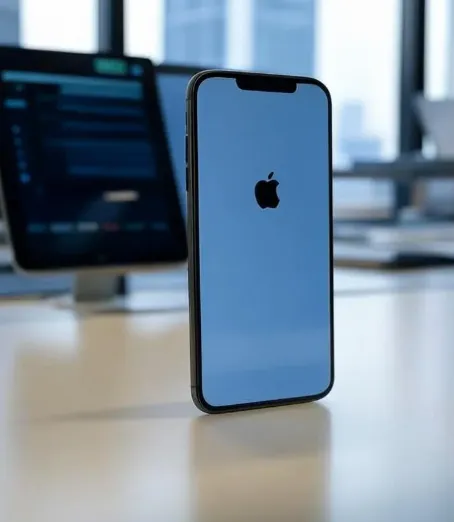Apple has confirmed plans to bring its Apple Intelligence system to mainland China before the end of 2025, a move that could reshape the company’s standing in one of its most challenging but vital markets. The introduction is expected to align with the release of iOS 26.1 or iOS 26.2, unlocking a suite of AI-driven tools that have so far been unavailable to Chinese users.
For Apple, the launch is more than just a feature update—it’s a strategic step toward keeping pace with rivals and ensuring the success of the upcoming iPhone 17. The company has been betting heavily on Apple Intelligence, which integrates generative AI directly into the iOS ecosystem, offering users smarter suggestions, advanced writing tools, and deeper personalization across apps and services.
Adapting to China’s Rules
China has long required foreign tech companies to work with local firms, especially when dealing with sensitive technologies like artificial intelligence. To navigate these restrictions, Apple has struck deals with Baidu and Alibaba. Baidu will provide the AI backbone, serving a role similar to what OpenAI and ChatGPT offer elsewhere. Meanwhile, Alibaba will focus on ensuring the platform complies with China’s regulatory environment, which includes strict data handling and censorship policies.
This collaboration underscores the delicate balance Apple must maintain: on one hand, satisfying Chinese authorities, and on the other, delivering a product that still feels distinctly Apple. The decision has not been without controversy. Some U.S. officials have voiced concern over Apple’s partnerships, suggesting that aligning too closely with Chinese companies could create new risks. Yet, for Apple, the prize is clear—China remains one of the largest smartphone markets in the world, and success there is crucial.
Trials Already Underway
To speed up the rollout, Apple has already begun internal testing of Apple Intelligence with its employees in China. These trials aim to ensure that the system works smoothly under local conditions while also meeting the expectations of Chinese regulators. The company is pushing to have everything in place by the time the iPhone 17 is unveiled, a device that will likely showcase Apple Intelligence as a key selling point.
The Current Situation for Users
At present, Chinese Apple ID holders cannot access Apple Intelligence—even if they own an iPhone purchased abroad. This has been a point of frustration for tech-savvy consumers in the region, especially as global users have started experimenting with the system since its initial release. In April 2024, Apple did release a simplified Chinese version, but it was limited to users outside mainland China, leaving the domestic market waiting for official access.
Why This Matters for Apple and Users
If the launch proceeds as expected, Apple Intelligence could become a turning point for Apple’s presence in China. Competition is fierce, with local brands like Huawei, Xiaomi, and Oppo offering powerful devices packed with their own AI-driven features. By bringing its AI platform to Chinese iPhones, Apple hopes not only to boost sales but also to reinforce its image as an innovator in a market where consumer expectations are rising fast.
For Chinese users, the benefits will be substantial, even if some features are restricted. They can expect improved productivity tools, smarter integration across apps, and AI assistance tailored for daily tasks. However, these capabilities will almost certainly operate under stricter rules compared to their international counterparts, reflecting the reality of China’s digital landscape.
Looking Ahead
Apple’s decision to move forward with Apple Intelligence in China highlights both the opportunities and challenges of global tech expansion. Success in this rollout could secure Apple a stronger foothold in a market that accounts for a large portion of its revenue. At the same time, it raises questions about how much compromise is necessary to adapt cutting-edge technology to local regulations.
By late 2025, if all goes according to plan, Chinese iPhone owners will finally get access to Apple Intelligence—albeit in a localized form. For Apple, this moment represents more than just a product launch. It’s a test of whether the company can innovate within the world’s most complex regulatory environment while still delivering an experience that feels authentically Apple.
